As an Amazon Associate ,I earn from qualifying purchase .
Heart attacks are among the most serious medical emergencies worldwide, affecting millions annually. Understanding their causes, prevention methods, and treatments is vital for managing risk and promoting heart health. Heart disease often develops over years, influenced by lifestyle, genetics, and various other factors. This article delves into the causes of heart attacks, the best treatments, and prevention strategies to reduce the risk of both heart attacks and strokes.
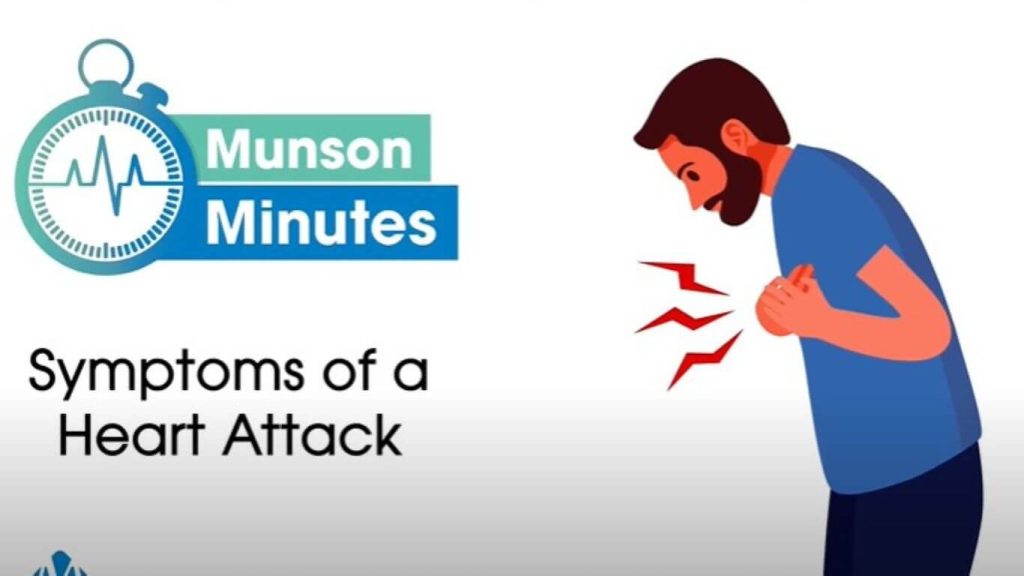
What is a Heart Attack?
A heart attack, also known as myocardial infarction, occurs when blood flow to the heart muscle is blocked, depriving it of oxygen and leading to tissue damage. Typically, this blockage results from a buildup of plaque in the coronary arteries—a condition known as atherosclerosis. Plaque, which consists of fat, cholesterol, and other substances, narrows these arteries and may eventually block blood flow.
What Are the Main Causes of Heart Attacks?
To prevent a heart attack, it is essential to understand the factors that contribute to it. Here are some major causes:
- Atherosclerosis: This is the leading cause of heart attacks. Over time, plaque buildup in the coronary arteries causes these blood vessels to narrow, limiting blood flow and sometimes triggering a heart attack.
- High Blood Pressure (Hypertension): High blood pressure puts extra strain on blood vessels and the heart, increasing the risk of heart disease and heart attacks.
- High Cholesterol Levels: Cholesterol is a fatty substance found in the blood. Elevated levels, especially low-density lipoprotein (LDL) cholesterol, can lead to plaque buildup, restricting blood flow to the heart.
- Smoking: Smoking damages blood vessels, raises blood pressure, and reduces the amount of oxygen in the blood. These factors significantly elevate heart attack risk.
- Diabetes: High blood sugar levels damage blood vessels and increase cholesterol levels, creating an environment conducive to heart attacks.
- Obesity: Excess weight can lead to high blood pressure, high cholesterol, and diabetes, all of which contribute to heart disease.
- Lack of Physical Activity: Physical inactivity is a risk factor for obesity, high blood pressure, and cholesterol issues, all of which are linked to heart attacks.
- Genetics: Family history plays a role in heart disease, meaning those with relatives who have experienced heart attacks may have an increased risk.
- Stress: High stress levels can increase blood pressure and lead to unhealthy lifestyle choices, such as smoking or overeating, both of which contribute to heart disease.
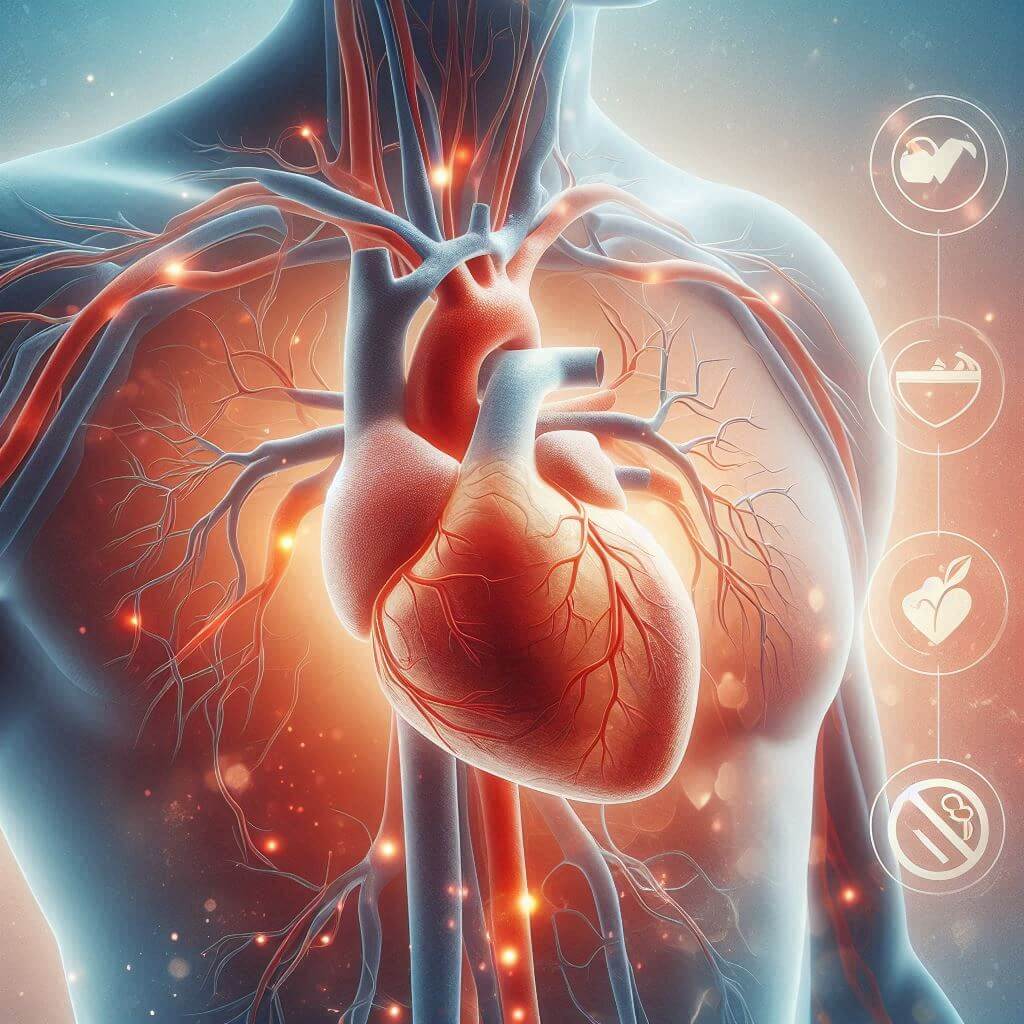
Heart Attack Treatment
Receiving timely treatment is critical in minimizing heart damage during a heart attack. The following are common treatment options:
Emergency Treatments
In the case of a heart attack, emergency treatments aim to restore blood flow as quickly as possible. Common treatments include:
- Medications: Drugs such as aspirin, thrombolytics, and antiplatelets help dissolve blood clots, reducing damage to the heart muscle. Pain relief and other drugs are also administered to stabilize the patient.
- Angioplasty and Stenting: In some cases, a balloon is used to widen the artery, and a stent (a small mesh tube) is placed to keep the artery open.
- Coronary Artery Bypass Surgery: Bypass surgery redirects blood flow around a blocked artery to restore normal blood supply to the heart muscle.

What is the Best Treatment for a Heart Attack?
The best treatment varies depending on the individual, but for most, a combination of medication, lifestyle changes, and possibly surgery proves effective. Medication alone can sometimes suffice, especially when combined with lifestyle improvements. In severe cases, surgical options like stenting or bypass surgery are necessary to restore blood flow and prevent future events.
Can a Heart Attack Be Fixed Without Surgery?
While some heart attack treatments require surgical intervention, it is possible to treat and manage heart disease with medications and lifestyle changes alone, depending on the case.
- Lifestyle Changes: Adopting a heart-healthy lifestyle can help manage mild cases. A balanced diet, regular exercise, quitting smoking, and limiting alcohol intake can prevent and treat heart disease without surgery.
- Medications: Beta-blockers, statins, and antiplatelet agents can manage symptoms and prevent future heart attacks.
However, severe blockages or recurrent heart problems often require surgical procedures like angioplasty or bypass surgery for a long-term solution.
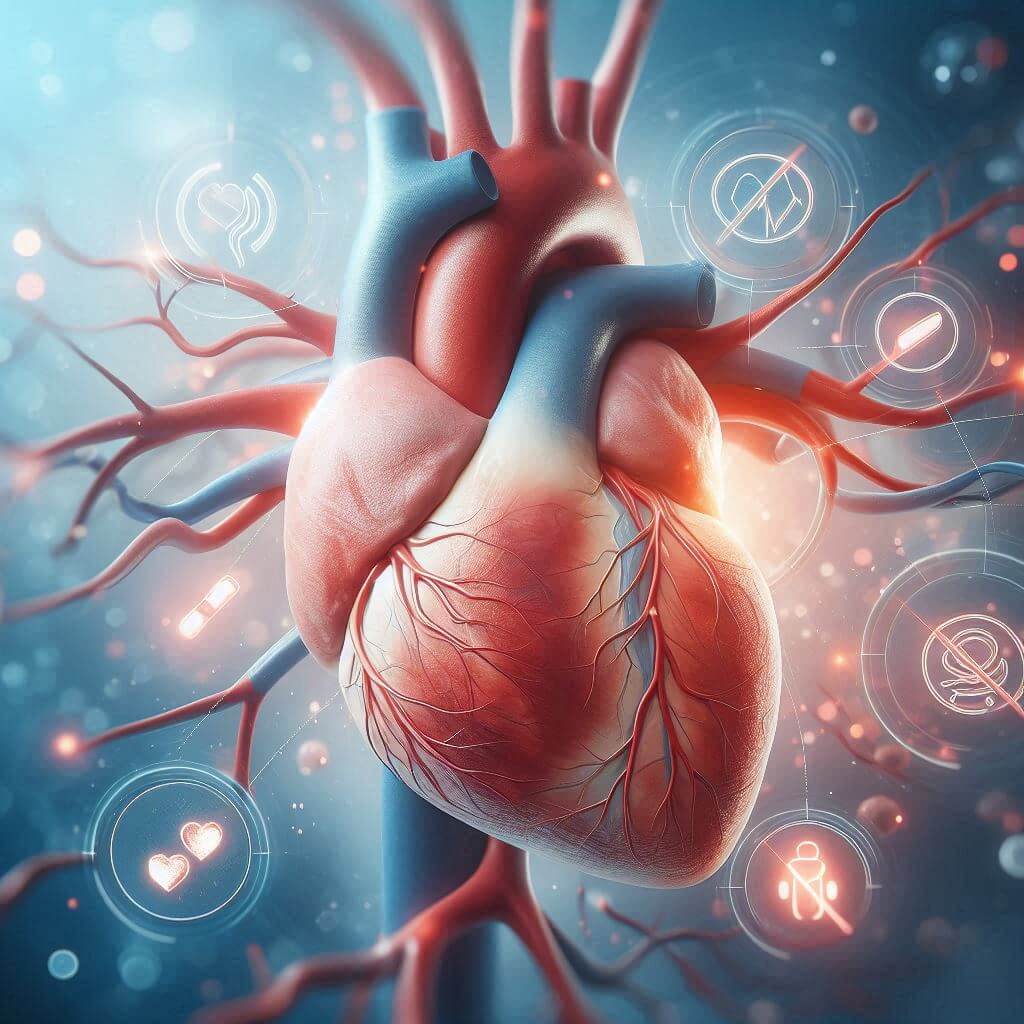
How to Confirm a Heart Attack?
Recognizing heart attack symptoms early and confirming them quickly is crucial. Here’s how medical professionals typically diagnose a heart attack:
- Electrocardiogram (ECG): This test records the electrical activity of the heart and can reveal any abnormal patterns associated with a heart attack.
- Blood Tests: Certain enzymes are released into the bloodstream when the heart muscle is damaged. Measuring these can help confirm a heart attack.
- Echocardiogram: An ultrasound of the heart, this test can show how well the heart is pumping and identify any areas of damage.
- Coronary Angiography: By injecting a dye into the arteries, this test uses X-rays to show blockages in the coronary arteries.
Heart Attack Prevention
Preventing a heart attack often requires significant lifestyle changes. Here are effective ways to reduce your risk:
- Adopt a Healthy Diet: Emphasize fruits, vegetables, whole grains, and lean proteins. Limit intake of saturated fats, trans fats, salt, and added sugars to lower blood pressure and cholesterol levels.
- Exercise Regularly: Aim for at least 150 minutes of moderate aerobic exercise each week. Physical activity helps reduce blood pressure, improve circulation, and maintain a healthy weight.
- Maintain a Healthy Weight: Losing excess weight can improve overall heart health and reduce your risk of heart attacks.
- Quit Smoking: Smoking significantly increases the risk of heart disease. Quitting smoking reduces this risk and improves overall health.
- Control Blood Pressure and Diabetes: Regular monitoring and management of blood pressure and blood sugar levels are crucial. Use prescribed medications if necessary and make dietary adjustments to support healthy levels.
- Limit Alcohol: Excessive alcohol consumption can increase blood pressure and cholesterol, contributing to heart disease risk. Moderation is key—no more than one drink per day for women and two for men.
- Manage Stress: Chronic stress contributes to high blood pressure and heart disease. Practicing relaxation techniques, such as deep breathing, yoga, and meditation, can help manage stress levels.
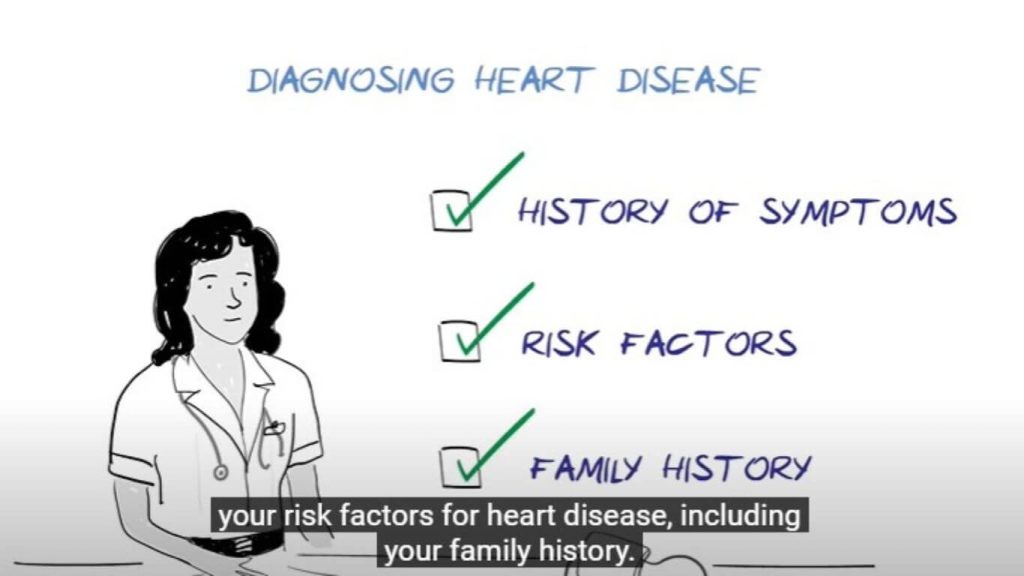
How to Prevent Stroke and Heart Attack?
Strokes and heart attacks share many of the same risk factors, so preventing one often prevents the other. Here are some key steps to prevent both:
- Control Cholesterol Levels: High cholesterol is a leading factor for both strokes and heart attacks. Regular check-ups and dietary changes are essential.
- Monitor Blood Pressure: Hypertension is a common risk factor. Make it a habit to check blood pressure regularly and take steps to maintain healthy levels.
- Use Blood-Thinning Medication if Prescribed: Blood thinners, such as aspirin, can prevent clots that cause heart attacks and strokes. However, only take them as prescribed by your doctor.
- Avoid Excess Salt: Excess salt increases blood pressure, a significant risk factor for heart attacks and strokes. Aim for less than 2,300 mg of sodium per day (about one teaspoon).
Lifestyle and Medical Management Post Heart Attack
After a heart attack, maintaining heart health becomes even more critical. A heart attack survivor may need to adjust their lifestyle significantly to prevent recurrence. Cardiac rehabilitation programs, which include monitored exercise and nutritional counseling, can help patients recover safely and effectively.
- Cardiac Rehabilitation: These programs involve exercise training, health education, and counseling to improve overall cardiovascular health.
- Regular Check-Ups: Patients who have suffered a heart attack should have frequent health check-ups to monitor blood pressure, cholesterol levels, and overall heart health.
- Ongoing Medication: Medications like statins, antiplatelets, and beta-blockers may be prescribed long-term to prevent another heart attack.
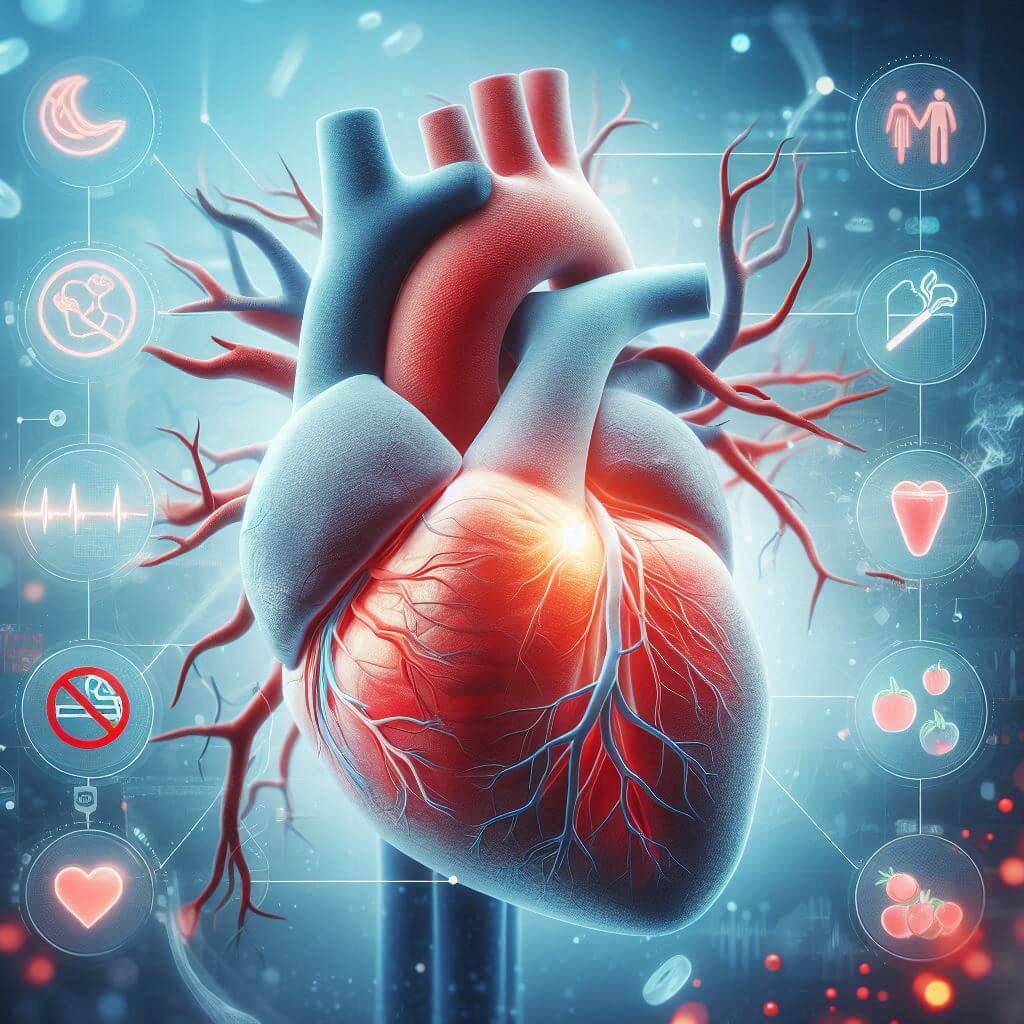
Conclusion
Heart attacks are caused by various factors, including lifestyle, genetics, and environmental influences. While treatments like medications and surgeries can help manage symptoms and reduce further damage, the best approach remains prevention. Adopting a heart-healthy lifestyle, managing stress, and controlling blood pressure and cholesterol levels are effective strategies to reduce the risk of heart attacks and strokes. By understanding the main causes of heart attacks and making proactive lifestyle changes, individuals can significantly improve their chances of a long and healthy life.







